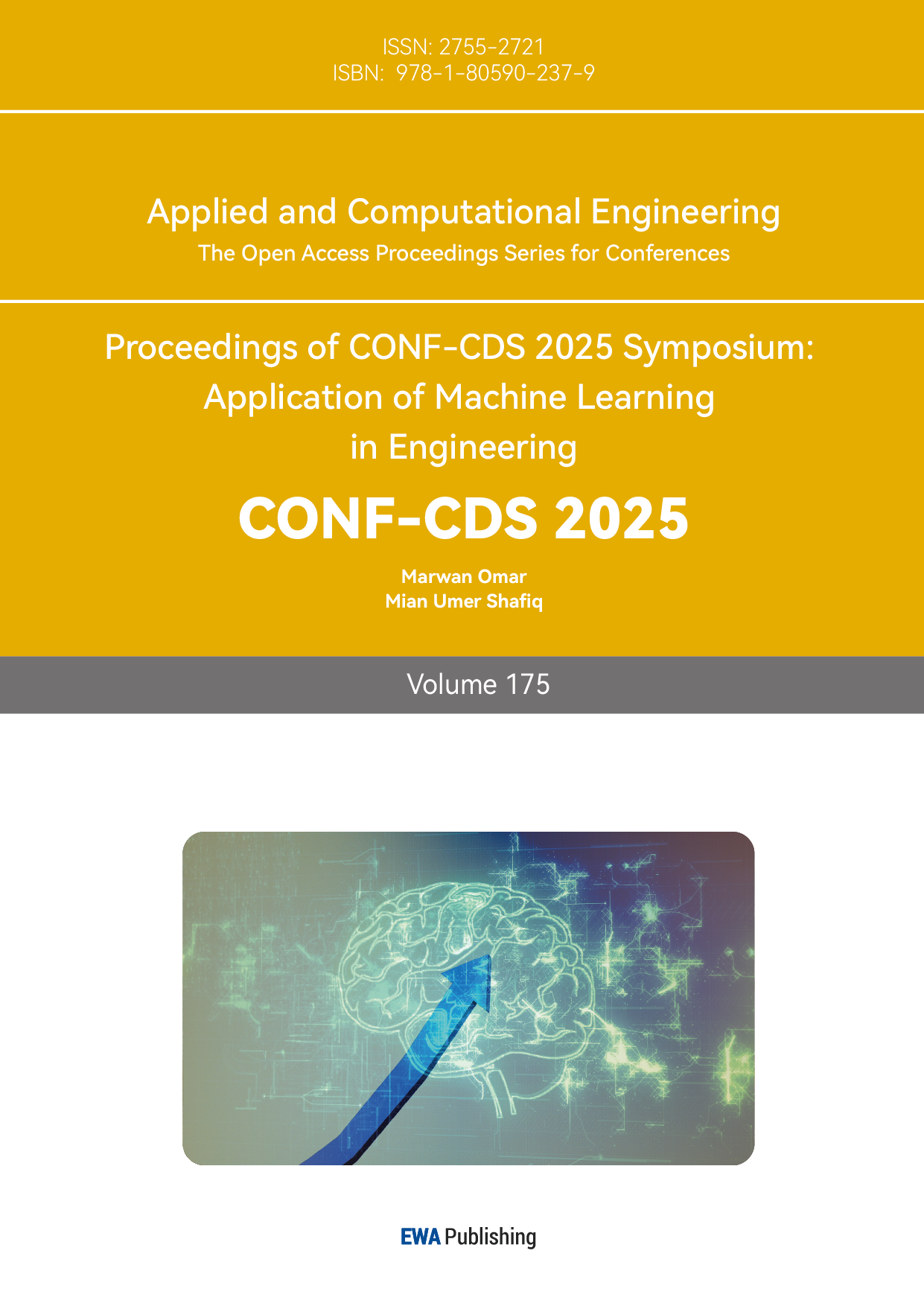References
[1]. Mnih, V., Kavukcuoglu, K., Silver, D., Graves, A., Antonoglou, I., Wierstra, D., & Riedmiller, M. (2015). Human-level control through deep reinforcement learning. Nature, 518(7540), 529-533.
[2]. Schulman, J., Wolski, F., Dhariwal, P., Radford, A., & Klimov, O. (2017). Proximal policy optimization algorithms. arXiv preprint arXiv: 1707.06347.
[3]. Raffin, A., Hill, A., Gleave, A., Kanervisto, A., Ernestus, M., & Dormann, N. (2021). Stable-Baselines3: Reliable Reinforcement Learning Implementations. Journal of Machine Learning Research, 22(268), 1-8.
[4]. Brockman, G., Cheung, V., Pettersson, L., Schneider, J., Schulman, J., Tang, J., & Zaremba, W. (2016). OpenAI Gym. arXiv preprint arXiv: 1606.01540.
[5]. Zhang, S., et al. (2023). On the Convergence and Sample Complexity Analysis of Deep Q-Networks with ε-Greedy Exploration. Advances in Neural Information Processing Systems (NeurIPS), 2023.
[6]. Son, S., Zheng, L., Sullivan, R., Qiao, Y.-L., & Lin, M. (2023). Gradient Informed Proximal Policy Optimization. Advances in Neural Information Processing Systems (NeurIPS), 2023.



